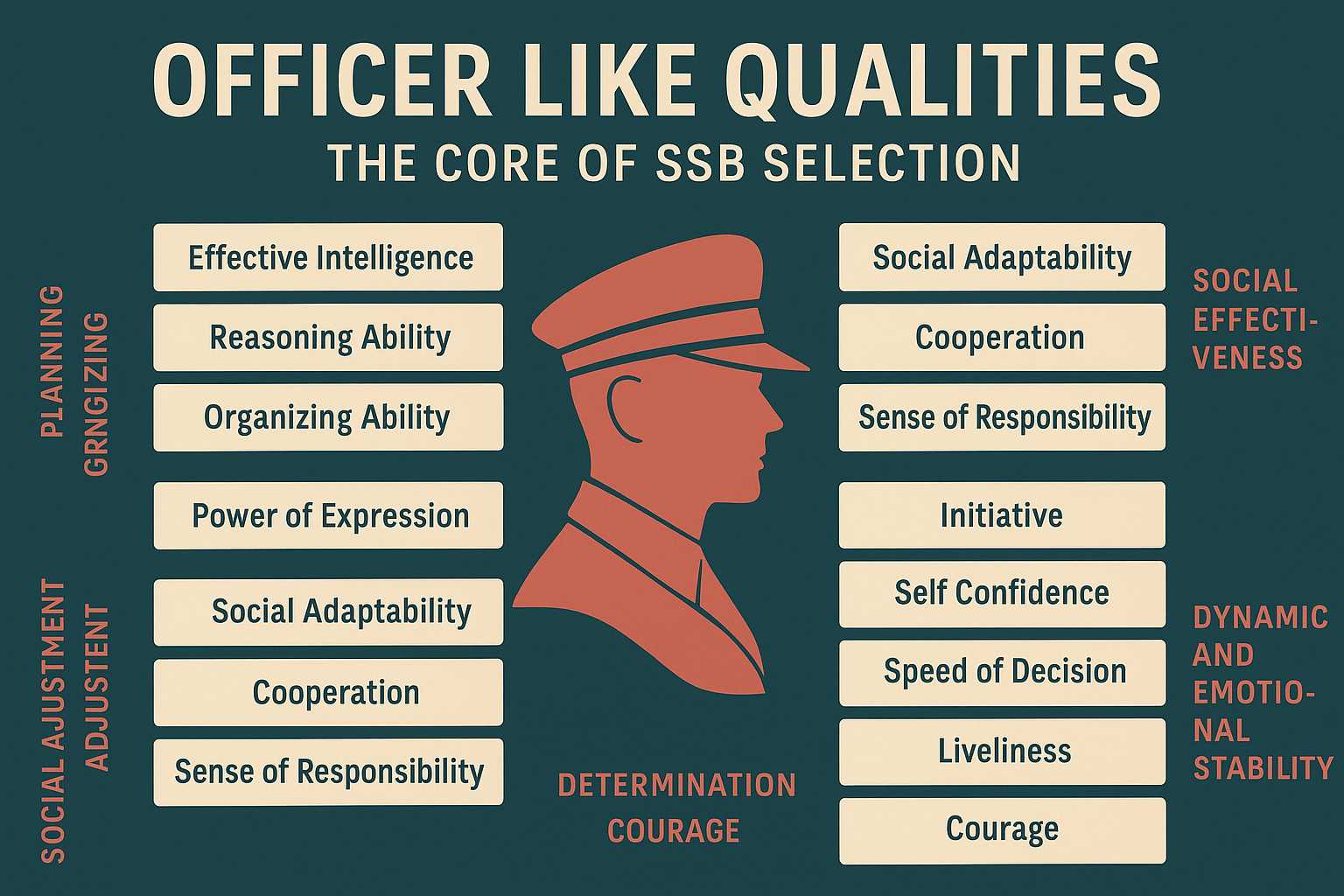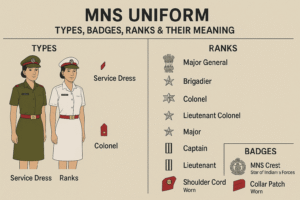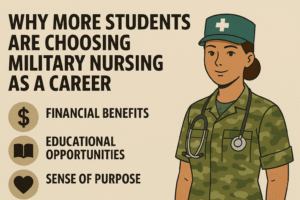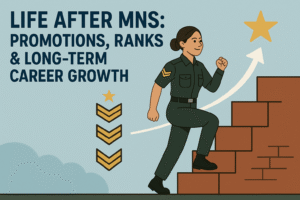Becoming a commissioned officer in the Indian Armed Forces is not just about clearing written exams; it’s about demonstrating the character, intellect, and behavior expected of a leader. This is where Officer Like Qualities (OLQs) come into play. These are the fundamental traits assessed during the SSB (Services Selection Board) Interview, making them the core of selection in the Indian Army, Navy, and Air Force.
This SEO-friendly article breaks down the importance of OLQs, the 15 key qualities, how they’re tested during SSB, and how freshers and repeaters alike can cultivate them.
What are Officer Like Qualities (OLQs)?
Officer Like Qualities refer to the set of psychological, social, and intellectual attributes that define a candidate’s suitability to become a military leader. The Indian Armed Forces aim to recruit individuals who can lead, inspire, and make decisions in high-pressure environments.
The SSB interview process is structured to uncover these qualities through psychological tests, group tasks, and interviews over a period of five days.
Why OLQs Are the Core of SSB Selection
The armed forces demand leaders, not just followers.
OLQs help ensure that selected candidates can handle responsibilities, motivate others, and act ethically.
The SSB board doesn’t judge you by academic scores but by how well you demonstrate OLQs in your behavior and mindset.
Categories of Officer Like Qualities (15 OLQs)
The OLQs are divided into four major groups for assessment:
1. Planning and Organizing (Factor I)
These qualities reflect your ability to plan and manage situations logically and efficiently.
Effective Intelligence: Ability to solve practical problems smartly
Reasoning Ability: Logical thinking and decision-making under pressure
Organizing Ability: Resource management and systematic execution
Power of Expression: Clear, concise, and effective communication
2. Social Adjustment (Factor II)
These reflect your ability to adjust and interact effectively with others.
Social Adaptability: Adjusting to different groups, situations, and people
Cooperation: Working as a team and helping others
Sense of Responsibility: Accountability for actions and duties
3. Social Effectiveness (Factor III)
These qualities determine your influence in social situations.
Initiative: Willingness to act without waiting to be told
Self Confidence: Belief in one’s ability and decision-making
Speed of Decision: Taking quick and accurate decisions
Ability to Influence the Group: Motivating others and leading a team
Liveliness: Cheerfulness and enthusiasm in tough situations
4. Dynamic and Emotional Stability (Factor IV)
These measure how well you manage emotions and stay consistent under pressure.
Determination: Consistency and persistence in goal pursuit
Courage: Physical and moral bravery
Stamina: Physical and mental endurance
How OLQs Are Assessed During SSB Interview
| SSB Test | OLQs Measured |
|---|---|
| Psychological Tests (Day 2) | Effective Intelligence, Emotional Stability, Self-confidence |
| GTO Tasks (Days 3 & 4) | Initiative, Teamwork, Leadership, Stamina, Liveliness |
| Personal Interview (Day 4) | Power of Expression, Responsibility, Reasoning, Decision-making |
| Conference (Day 5) | Overall personality integration and OLQ consistency check |
How to Develop Officer Like Qualities (OLQs)
1. Enhance Self-Awareness
Know your strengths and weaknesses. Maintain a journal and reflect regularly.
2. Read and Speak Daily
Improve expression and reasoning by reading newspapers and talking on random topics.
3. Take Initiative in Real Life
Volunteer, organize events, or lead small group activities.
4. Learn Time and Stress Management
Use planners, practice meditation, and manage your routines efficiently.
5. Build Physical and Mental Stamina
Exercise daily, join outdoor activities, and maintain mental discipline.
6. Practice Real-Life Decision Making
Make independent choices. Take ownership of outcomes.
Common Mistakes to Avoid
Faking qualities: Assessors are trained to detect insincerity
Rote memorization: Genuine responses matter more than rehearsed answers
Overconfidence: Confidence is good; arrogance is not
Lack of teamwork: Dominating others in group tasks shows poor leadership
Conclusion
Understanding and cultivating Officer Like Qualities (OLQs) is not just essential to crack the SSB interview, but also to grow into a responsible, capable individual fit for leading the armed forces. If you are preparing for the SSB as a fresher or repeater, focus more on personality development, emotional intelligence, and leadership behavior rather than rote learning.
The SSB interview is not a test of knowledge — it’s a test of who you are.
Frequently Asked Questions (FAQs)
1. How many Officer Like Qualities are assessed in the SSB interview?
There are 15 OLQs divided into 4 key factors — planning, social adjustment, social effectiveness, and emotional stability.
2. Can a candidate develop OLQs or are they inborn?
While some traits may be natural, most OLQs can be developed through consistent self-improvement and real-world practice.
3. Are OLQs evaluated equally in all tasks?
Different tasks emphasize different OLQs. For example, GTO tasks focus on cooperation and stamina, while interviews assess responsibility and expression.
4. How can I check if I have OLQs?
Analyze your past behaviors in leadership roles, crisis management, group work, and decision-making. You can also get feedback from mentors or attend mock SSBs.
5. Do I need to show all 15 OLQs perfectly?
No. Balanced demonstration across multiple OLQs with consistency is key. The board looks for potential and trainability.
6. Are OLQs only important for the Armed Forces?
No. OLQs are useful in any leadership, managerial, or life situation. They’re core life skills.






